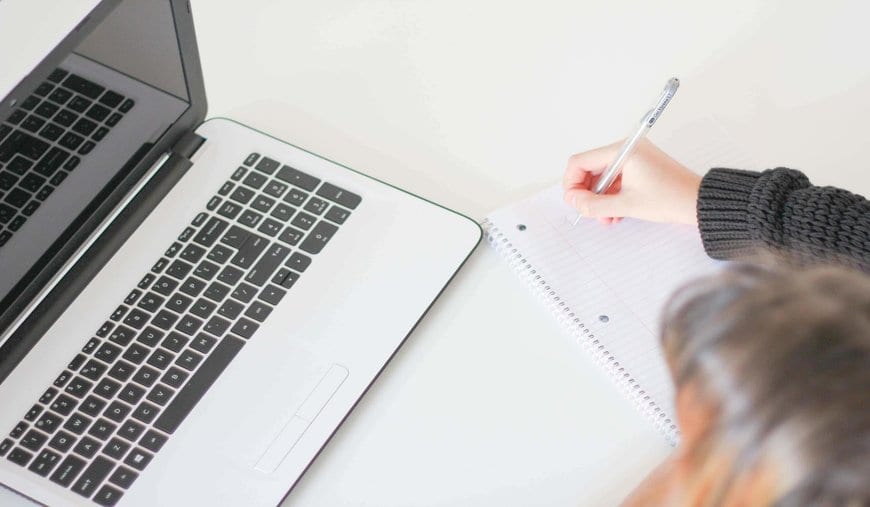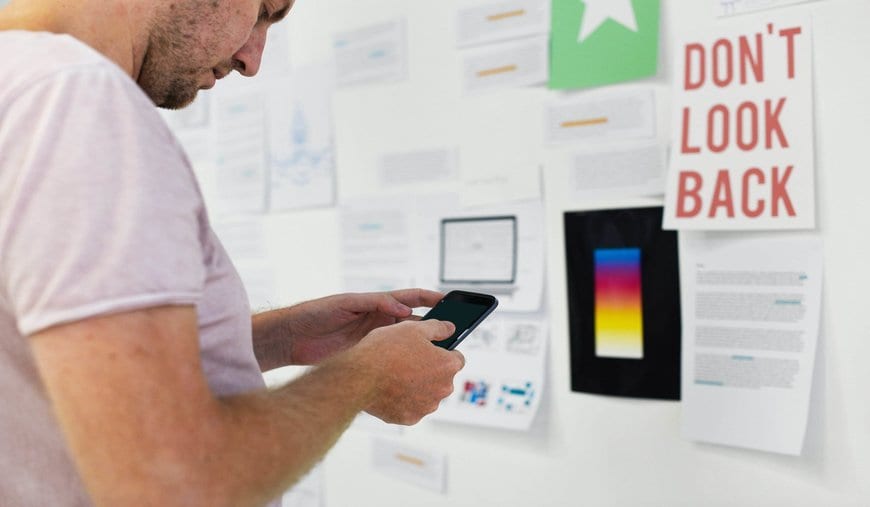5 scientific ways to boost your productivity
Productivity can sometimes be elusive. According to a Microsoft survey, people who work an average of 45 hours a week tend to be unproductive for 17 hours of that time. That’s almost a whopping 38% of your working week gone due to unproductive cycles.
So, how do we solve this?
We all have our various methods of making sure we are performing at our best, but a lot of people often forget the basic science behind what drives our willpower.
We here at Glandore have put together a list of five scientific ways in which you can boost your productivity.
1. Just get started.
Starting any large project or report can always seem like an extremely daunting task, especially if you don’t know how to approach it. However, by just getting your first page done you have unknowingly started a mental process which will force you to finish what you have started.
This is called the Zeigarnik effect, a psychological phenomena which states that people remember uncompleted tasks better than completed tasks.
Therefore, when we don’t finish a task, we tend to feel discomfort or annoyance at not completing it. So, get going.
2. Distractions are everywhere
Your mind just loves to be distracted. Scientists have found that every time you take in new information, no matter what it is, your brain releases a flood of the feel-good hormone, dopamine.
According to behavioural analyst, Vanessa Van Edwards, this is why looking at social media at work can be so addictive. New stories and posts constantly flood our timelines and distracts us from the task at hand.
In order to combat this, she suggests setting up two user profiles on your computer, one for work and one for fun. In your work profile, all social media websites should be blocked along with other distracting apps such as games or news outlets. By doing this, you can limit what can distract you while working and make logging into your ‘fun’ profile more rewarding.
3. One device, one solution
Most of us tend to keep important files on different devices in order to multitask, but are you really getting everything done that way?
According to a recent survey by Kensington, more than 60% of professionals use multiple devices at work, at least half of the time.
Also, over 90% of those interviewed believe that integrating all of their devices would improve their productivity levels. By having everything in a centralised location in the cloud, files can be easily located and shared. After all, sharing is caring.
4. Sleeping at your desk may not be a bad thing.
Most of us dream of having a nap at work, but did you know that there are some benefits to lunchtime snoozing?
According to the National Sleep Foundation, a short 20 to 30-minute nap can help with short-term alertness and has been proven to improve performance without leaving you feeling sluggish. Is there room in this year’s budget for sleep pods?
5. Learn your natural work rhythms
Knowing when you perform at your best would be invaluable information wouldn’t it? It’s so easily done yet it’s something professionals tend to ignore. Categorising your objectives for the day based on when your brain is more active will allow your productivity levels to soar to new heights.
For example, if you have a 1,000-word report which requires research on top of writing, you’re better off breaking this down into times when you know you’re best at writing and researching. If you write better in the morning, do that part then. Same goes for the research.
Don’t just work harder, work smarter.





